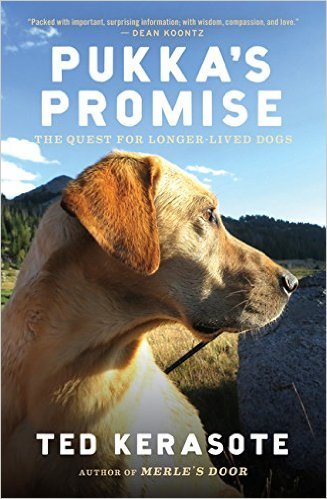Feds can't do that. They lack the right to do so. The 10th Amendment would be invoked and used to keep this right as a state right. They own the land, but they don't have anything to do with the setting of Wyoming hunting regulations (yet). And the last thing I would want would be the Federal government thinking they have a role/right to intervene with state hunting regulations.
I don't think the 10th Amendment gives residents the "right" to hunt on Federal land...or any land for that matter. Hunting, especially on Federal land, is a privilege that can be taken away. Can you imagine how private landowners would react if they had the same restrictions placed on them? The states can make hunting regulations all day long but that doesn't give residents the right to hunt on private or Federal land.
On a separate topic, I find it incongruent of you to want the Feds to manage public lands because the states are too corrupt but then say the Feds are the last ones you want to manage hunting regulations. I would say that if the State can't be trusted to manage land then it can't be trusted to manage wildlife as evidenced by the Wilderness law in Wyoming.
Last edited:






